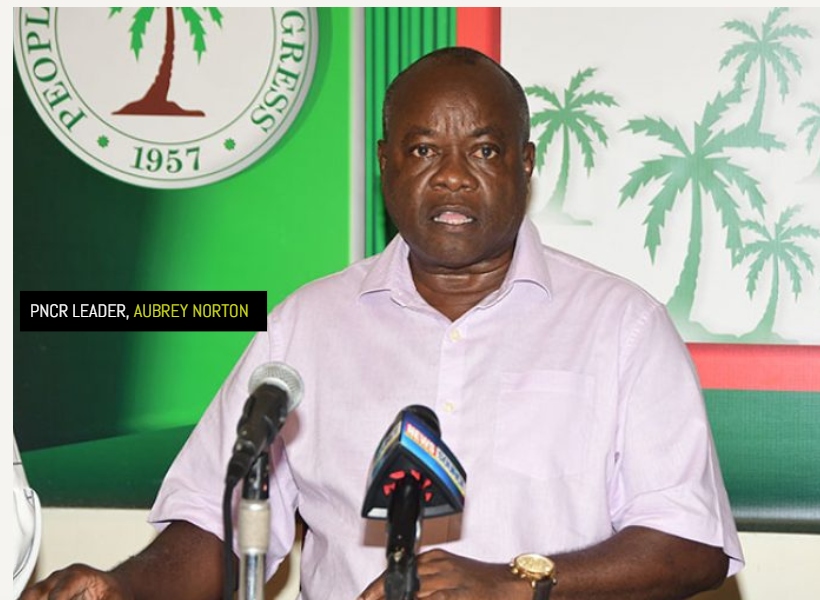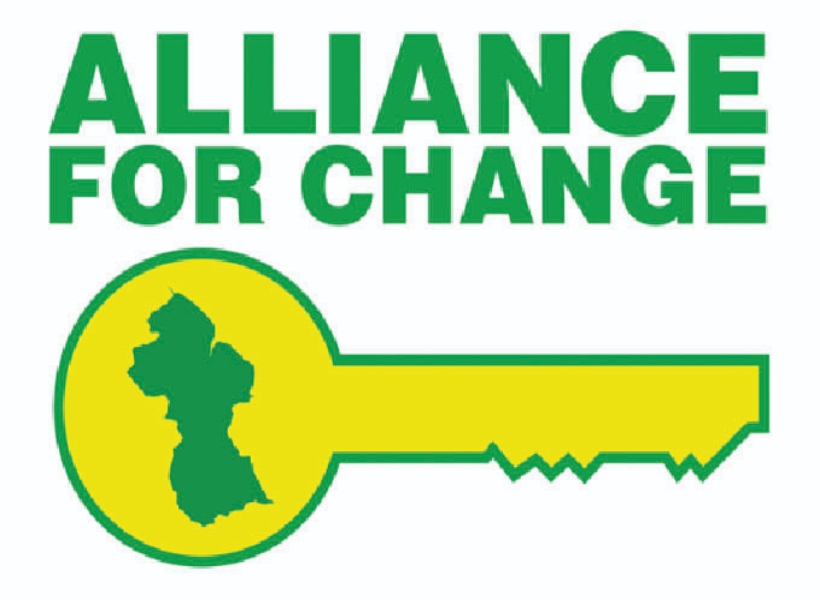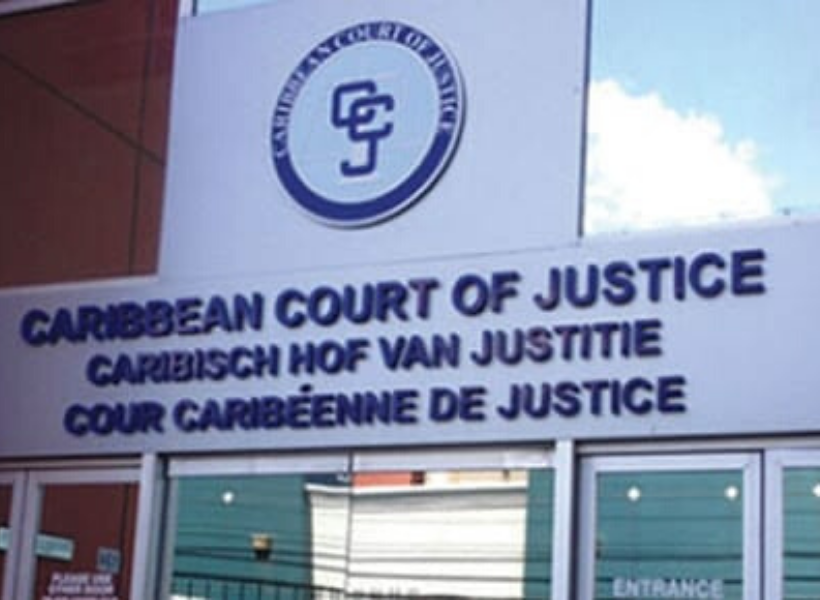If the Caribbean Court of Justice (CCJ) finds that it does not have jurisdiction in the matter, Esyln David v Chief Elections Officer (CEO) et al., then it will allow the Guyana Elections Commission (GECOM) to use the data generated by the CEO, which he deems to be credible, as the basis of declaring the results of the March 2 General and Regional Elections.
David had moved to the Appeal Court and was successful in obtaining an interpretation of Article 177 (2) (b), which states that more votes cast can only mean more valid votes cast. The CEO submitted a report to the GECOM Chair, Claudette Singh, containing tables of numbers he asserted were fair, valid and credible.
Therefore, the semantic meaning attached to “more votes cast” is in sync with the “valid votes” posited by the CEO in his report. This parallel then forces the Commission to utilise the CEO’s figures.
Indeed, this will result in more than 115,000 votes being lopped off. But what happens when an elections petition is brought into the equation and the data found therein, is contrary to those deemed credible by the CEO? And what will be the consequential effect of such an action on the composition of the National Assembly? These were some of the questions that Attorney-at-law Reginald Armour S.C., who is representing the Joseph Harmon in the matter, was faced with as he argued that the CCJ has no jurisdiction to hear the case.
It was pointed out that Section 163 of the Guyana Constitution says, inter alia, that the High Court shall have exclusive jurisdiction to determine any question regarding the qualification of any person to be elected as a member of the National Assembly; whether an election has been lawfully conducted; and whether the seats of the Assembly have been lawfully allocated.
Also, Article 177 (4) says that the Court of Appeal shall have exclusive jurisdiction to hear and determine any question as to the validity of an election of a President in so far as that question depends upon the qualification of any person for election or the interpretation of this Constitution; and any decision of that Court shall be final.
The contention is that litigation utilising article 163 can ultimately, and/or potentially lead to recourse to the CCJ, should a petition be appealed from the High Court, while article 177 restricts such a recourse, it is argued. But, the allocation of seats of the National Assembly is intertwined in both articles.
It was noted by the CCJ President, Adrian Saunders, that two courts have been given exclusive jurisdiction of ascertaining the validity of votes. He posited that for there to be a reconciliation, Article 177 must have been crafted to address the election process and not a person.
“If it is that 177 (4) can be triggered when no one knows who is the individual whose election is being challenged as being invalid, then it must mean that you are applying 177 (4) not to a person who you say has been invalidly elected but you are applying it to a process, or to a system, or to a machinery. The problem is that is that same process; that same system; that same machinery that is necessary for members of the National Assembly,” he said.
Justice Peter Jamadar questioned the retrospective impact that could be introduced if an invalidation of votes is done and the figures are different from those that may be generated under 163, which implies such a challenge be formulated via an elections petition.
“If through this process under 177…If a hundred thousand X votes are now declared invalid, that must have a retrospective effect on the composition of the National Assembly, because it cannot be that for the Assembly you have 300,000 valid votes (let’s say) but for the presidential elections, you only have [hypothetically] 150,000 valid votes…That would make an absolute mockery of the electoral system,” he said.











